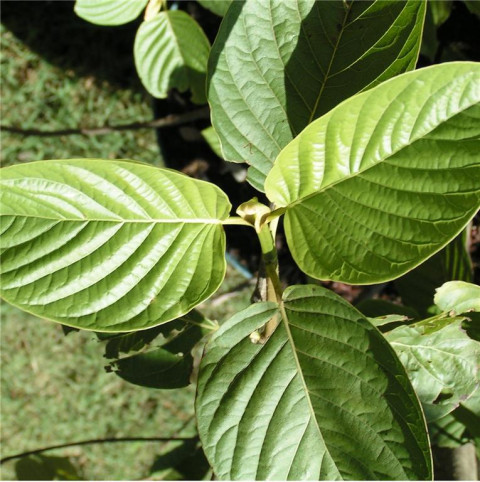Ideas into movement
Boost TNI's work
50 years. Hundreds of social struggles. Countless ideas turned into movement.
Support us as we celebrate our 50th anniversary in 2024.

Written statement by Martin Jelsma, Transnational Institute (TNI), 8 October 2021

The appearance of a pre-review of kratom and its principal alkaloids on the ECDD agenda has triggered concerns in Southeast Asia where policies have started to turn away from the devastating impacts of repressive implementation of national kratom bans, and in the US where millions of people have found it to be an effective alternative to pharmaceutical opioids in the midst of a public health crisis. Fortunately, much research has been done in the past decade on traditional as well as more recent kratom uses as reflected in the pre-review report, that will assist the ECDD to make a balanced assessment.
The expertise of TNI is not in the field of medical-scientific assessment of the health risks and benefits of substances. With this written submission, however, we want to draw attention to questions of a procedural nature related to the initiation of the pre-review and the association of kratom with ‘New Psychoactive Substances’ (NPS). As explained in more detail in the annexed policy commentary, one concern is that health impacts recorded primarily in new consumption markets could dominate the conclusions drawn from the pre-review, in spite of centuries of largely unproblematic traditional uses in Southeast Asia. A clearer definition of NPS is required in that regard, to distinguish between traditional uses of psychoactive plants in their regions of origin, the globalisation of the market of herbal medicines and natural health supplements, and derivatives using concentrated alkaloids in NPS-type products for recreational purposes. Presenting kratom in the NPS context in UNODC reports from the SMART programme and the Early Warning Advisory for NPS, seems to have conflated those very distinct contexts and to have over-emphasized and misrepresented data on kratom-related fatalities, which appears to have influenced the decision to initiate a pre-review.
The rapid expansion of the international kratom market and the appearance of a wide variety of kratom-related products marketed as herbal medicines or health supplements certainly requires regulatory attention from health authorities in order to protect the safety of consumers. The growing body of evidence that has become available over the past decade about health risks as well as therapeutic benefits merits further exploration and surveillance including by the WHO. Policy developments in Southeast Asia and in several US States, however, are moving in the direction of legally regulating the kratom market from a public health perspective. Those efforts would be undermined by a decision of the Commission on Narcotic Drugs to schedule kratom and/or its active compounds under the 1961 or 1971 Convention following a WHO recommendation after a critical review. We urge the Expert Committee to carefully consider the potential implications of international control before taking any further steps in that direction.
Annex: Kratom: the creation of a threat, A policy commentary on the WHO pre-review of kratom, Transnational Institute, October 2021.